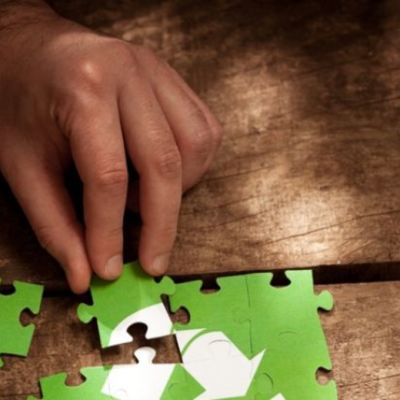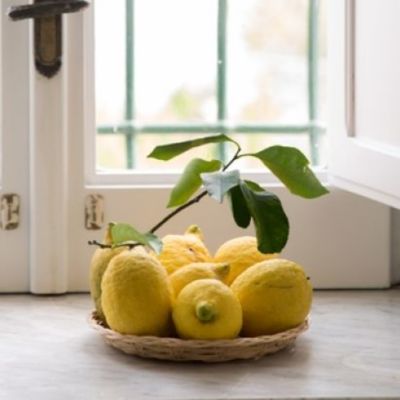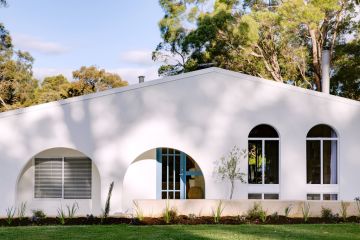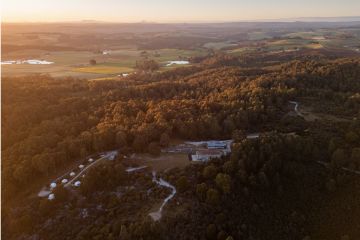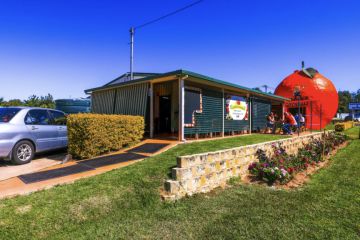How to create less waste: the woman who banished plastic from her home
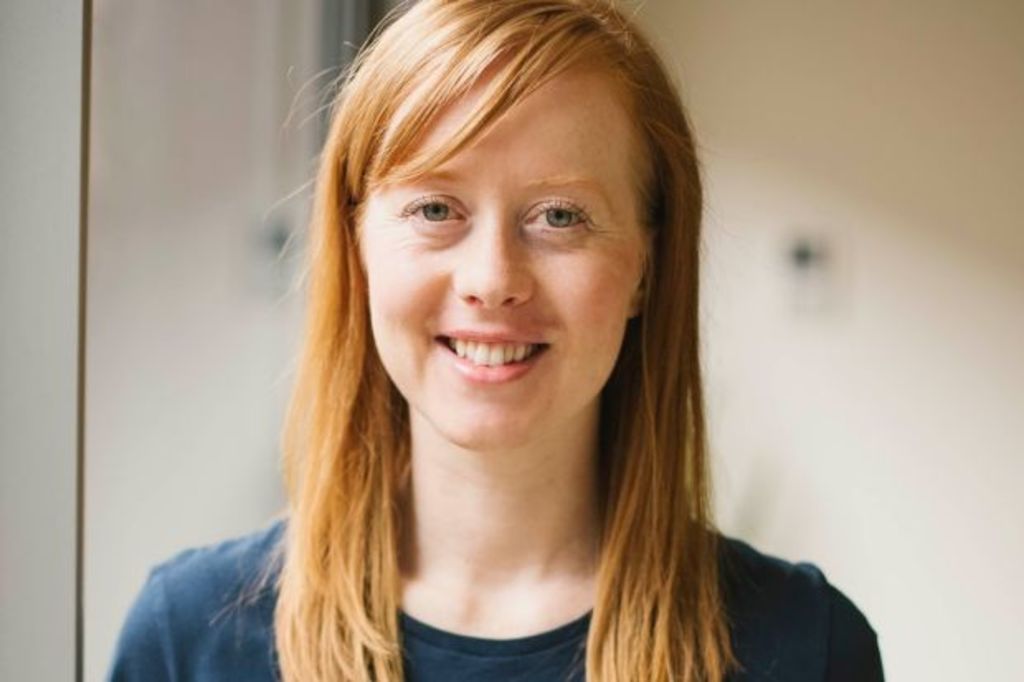
Ever despaired at the amount of wasteful packaging in your fridge, or the piles of plastic bottles in your bathroom? What about those pesky plastic bags – or even that old toothbrush that might never decompose?
Until 2013, Erin Rhoads, the waste-free blogger behind The Rogue Ginger, worried about none of these things.
“I wasn’t eco-friendly at all, I wasn’t aware of my impact and I bought everything in plastic,” says Rhoads, now 32. “I wouldn’t call myself a greenie or anything, I barely recycled.”
But that all changed one day when, stuck at home sick, she watched eco-documentary, The Clean Bin Project.
“It really opened my eyes to the amount of waste that plastic could produce and how it’s affecting the environment and the animals that live in the ocean,” she says. “And I just realised I was contributing to this – not by polluting myself – but by buying plastic, I was saying ‘this is OK’.”
Rhoads set herself the challenge of banishing plastic from her house, room by room. Now creating less than one jar of waste a year, the new mum shares her secrets.
Kitchen
She began cutting down her waste by first looking at what she was throwing out. And that was food packaging, and plenty of it.
So Rhoads started avoiding shrink-wrapped fruit and vegetables, and took her own containers to the butcher and deli.
At first, she kept shopping at the supermarket, but eventually switched mostly to bulk stores where she buys everything from pasta, to beans, rice, peanut butter, olive oil and chocolate.
“It was all pretty much everything I would buy from the supermarket. I would take my own cloth bags, my own jars and fill them up,” she says. “I also started cooking a lot more from scratch, rather than buying pre-packaged food.”
While some food at bulk stores is more expensive than at the supermarket, Rhoads believes she spends less because she has a plan and isn’t tempted by aisles and aisles of products.

Switch to bulk stores for your food and take your own containers. Photo: Stocksy
Laundry
Cleaning products are major culprits when it comes to plastic packages. But Rhoads says there are easy alternatives.
“You can buy all your cleaning products in bulk using your own containers. You can get floor cleaners, surface sprays … it’s all really natural so it’s a lot safer for you.”
With a new baby boy, Rhoads has also started using cloth nappies. “It does require a bit more effort, but I think of it this way – if my great-grandmother could clean diapers without a washing machine, I can do it with a washing machine.”
Bathroom
With a few tweaks, you can dramatically slash the amount of plastic in your bathroom.
Bulk food stores sell everything from shampoo and conditioner to moisturiser and body oil, Rhoads says. “You can take your old shampoo bottles and get those filled up, and you can just keep using these over and over again.”
If you’re particularly keen, you can make your own make-up, or search sites such as Etsy for make-up that comes in metal tins or compostable packaging.
Rhoads suggests switching your plastic toothbrush for a bamboo version. When it’s worn out, you can compost the handle, or use it as a garden marker.

Refill old shampoo and conditioner bottles at bulk stores. Photo: Alita Ong
Living areas
Plastic toys are everywhere, but not in Rhoads’ house. She and her husband asked friends and families to not give their little boy presents – but instead spend time with him, or even pass on a used toy.
Meanwhile, Rhoads believes that going plastic-free is the right thing to do.
“No one likes to clean up anybody else’s rubbish so why should the next generation have to clean up ours?” she says.
“I think people just need to remember that plastic hasn’t been around that long. It’s been available to us for about 60 years and before that we functioned very well without it.”
We recommend
States
Capital Cities
Capital Cities - Rentals
Popular Areas
Allhomes
More
- © 2025, CoStar Group Inc.
